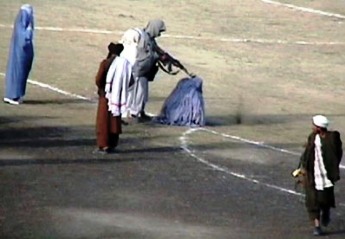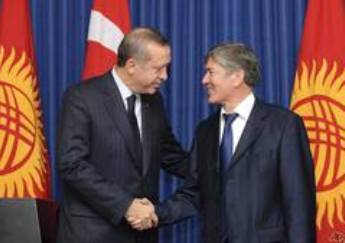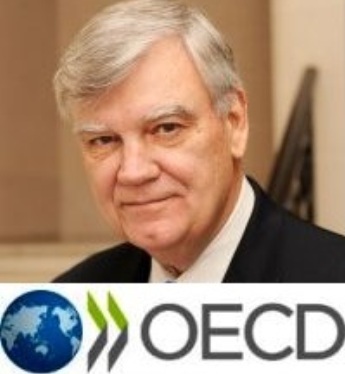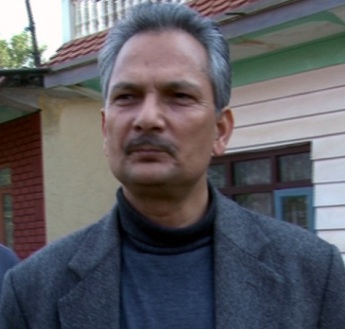By Brian Czech*
IDN-InDepth NewsViewpoint
ARLINGTON | USA (IDN) – The Center for the Advancement of the Steady State Economy (CASSE) has been the leading organization in advancing the steady state economy as a policy goal for nearly ten years. Maybe that’s not saying much, because CASSE has been the only organization focused on advancing the steady state economy. But times, they are a-changin’.
Others are sure to come on-board as climate change, biodiversity loss, supplies shocks and other formidable problems are all traced back to too much economic growth. Too much production and consumption of goods and services in the aggregate. Too much population and per capita consumption. Too much GDP. Too much economic activity for the planet and its polities to take.








